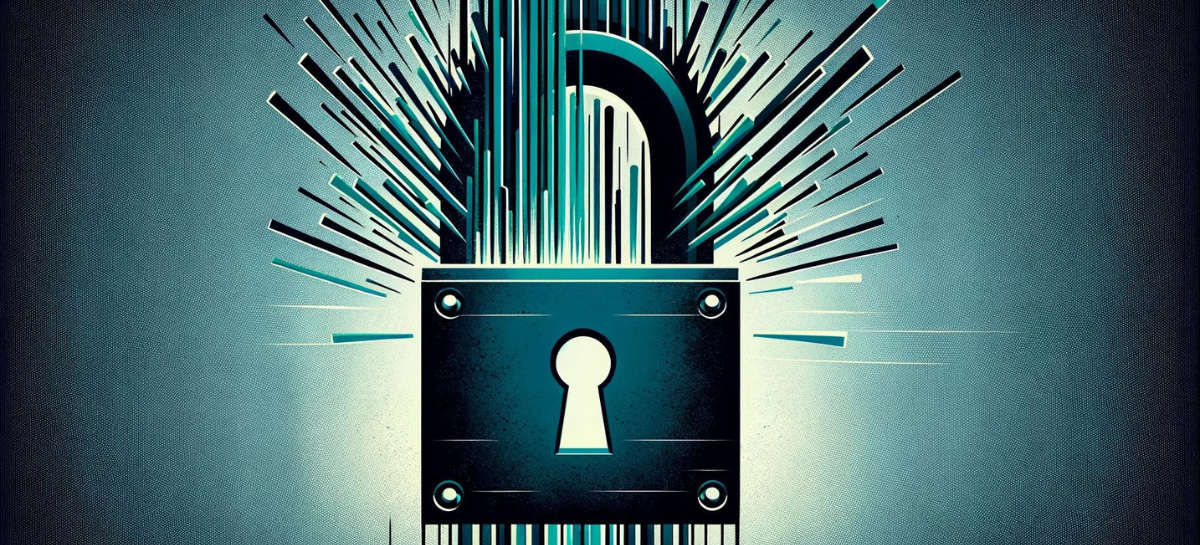
A new Bill working its way through the South African Parliament has the potential to dramatically alter the freedom of speech environment in the country. The General Intelligence Laws Amendment Bill (Gilab) threatens to introduce security vetting of individuals and institutions ‘of national security interest’ and creates a bulk surveillance regime with almost no safeguards. Its requirement of vetting for those that access national ‘key points’ – which includes the national broadcaster – is also a clear threat to the independence of the media.
This trend towards limiting the right to freedom of expression is, unfortunately, not a uniquely South African one. A recent report from the Future of Free Speech project analysing 22 of the world’s open democracies illustrates that, around the world, action taken to restrict free speech far outweighs action which seeks to protect it.
The report found that the stated need to protect national security, national cohesion and public safety was the most common justification for limiting expression. In Denmark, there were nine instances of this being used; in Sweden and Australia, three. Gilab is the most significant new South African legislation to add to this list.
However, Gilab is only one of many recently introduced laws in South Africa that will have the effect of limiting the constitutionally protected rights to freedom of expression and access to information.
What makes it difficult in democracies is that these laws are generally not explicit that the limitation of free speech is their purpose, and they are enacted for other, legitimate, objectives.
For example, the Protection of Personal Information Act has the laudable goal of protecting individuals’ privacy, but its implementation means that access to information is severely constrained. The Cybercrimes Act seeks to ensure online safety, but it may work to limit journalists’ access to leaked information. The preamble to the Prevention and Combatting of Hate Crimes and Hate Speech Bill explains that the law forms part of the country’s commitment to combatting racism and intolerance, but it criminalises speech based on a broad understanding of hate speech, placing what is likely an unconstitutional limit on the right to freedom of expression.
The key question is how to find the balance between the important goals of, for instance, national security and tolerance, and everyone’s right to freedom of expression.
Read the Full ArticleJacob Mchangama is the Founder and Executive Director of The Future of Free Speech. He is also a research professor at Vanderbilt University and a Senior Fellow at The Foundation for Individual Rights and Expression (FIRE).

